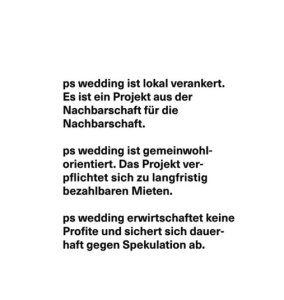Over the past years, there has been a decline in the availability of social housing, raising rental prices and cost of living virtually everywhere in Europe, while the need for housing has risen. Social housing has played a vital role in housing systems particularly in Northern Europe. However, these are currently facing challenges such as privatization, revisions in financial assistance, and changes in taxation systems.
The share of the private market is growing, even in cases where public social housing comprises the majority. At the same time, the private market is inadequately regulated and it exercises a mounting pressure even in countries with an established history of public housing. Furthermore, the ongoing economic and social changes have brought to light new requirements and widespread housing problems, especially in urban areas and metropolitan regions, where specific intervention measures are necessary. In order to address the issue of housing, it is necessary to develop a comprehensive strategy that takes into account various factors profoundly embedded in contemporary societies. What could be the agenda for new public housing, and the role that cities play in it?
Using the challenges presented by the city of Venice as a prime example of a crisis in terms of social, urban, ecological, and living conditions, the conference CHALLENGING (SOCIAL) HOUSING IN EUROPE launches a series of events aiming to analyse and discuss various case studies of social housing in European countries and cities. The inaugural edition will focus on the urban contexts of Vienna, Amsterdam, Hamburg and Berlin. It aims to examine the present difficulties related to alternative collaborative housing, land management & public housing, decarbonisation of the housing sector, and integrated policies for social housing. The inputs will analyse the correlation between housing demand and supply from multiple viewpoints, encompassing architectural, urban planning, economic, social, and cultural elements. The objective is to ascertain the changes that have taken place, the current patterns of change, and the consequences for design.
The case studies consist of a scholar who provides the context of public/social housing, a designer who presents important projects, and a public official/politician who explains the regulatory mechanisms, regulations, current policies, and past legacies. The keynote speaker will offer specific insights into the Europe-wide research and debate on public policies and innovation.
Program
17-18th OCTOBER 2024
CA’ TRON, SANTA CROCE 1957, VENICE
ORGANISER
Laura Fregolent (coordinator),
Cristiana Cellucci,
Laura Colini,
Marzia Marandola,
Fulvio Orsenigo,
Marko Pogacnik,
Tommaso Tagliabue
FOUNDER
Clusters H-City. Housing
in the city, Iuav University
of Venice – Department
of Architecture and Arts,
INSULA Spa, Regione Veneto

